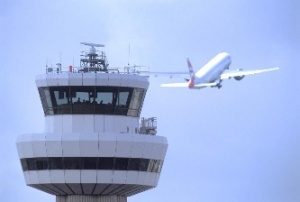IATA 2016: Passenger demand growth slows

The International Air Transport Association has announced global passenger traffic data for April showing that demand (measured in total revenue passenger kilometres or RPKs) rose by 4.6 per cent -the slowest pace since January 2015.
April capacity (available seat kilometres or ASKs) increased by 4.9 per cent, and load factor slipped 0.3 percentage points to 79.2 per cent.
The disruptive impact of the Brussels Airport attack weighed on the April figures. IATA estimates that, absent the impact of the attacks, demand growth would have been around five per cent.
“The disruptive impacts of the Brussels terror attacks likely will be short-lived.
“There are some longer-term clouds over the pace of demand growth.
ADVERTISEMENT
“The stimulus from lower oil prices appears to be tapering off.
“And the global economic situation is subdued.
“Demand is still growing, but we may be shifting down a gear,” said Tony Tyler, IATA director general.
April international passenger demand rose 4.8 per cent compared to April 2015, the slowest pace in two years.
Airlines in all regions recorded growth, led by the Middle East region.
Total capacity climbed 5.6 per cent, causing load factor to slip 0.6 percentage points to 77.8 per cent.
Asia-Pacific airlines’ April traffic increased 6.4 per cent compared to the year-ago period.
Slower economic growth in many of the region’s economies has been at least partly offset by an increase in direct airport connections that has helped to stimulate demand.
Capacity rose 6.8 per cent and load factor dipped 0.3 percentage points to 77.3 per cent.
European carriers saw demand rise just 1.8 per cent in April, which was well down on the six per cent growth recorded in March.
This reflects the impact of the Brussels terror attacks, which closed the airport for nearly two weeks.

